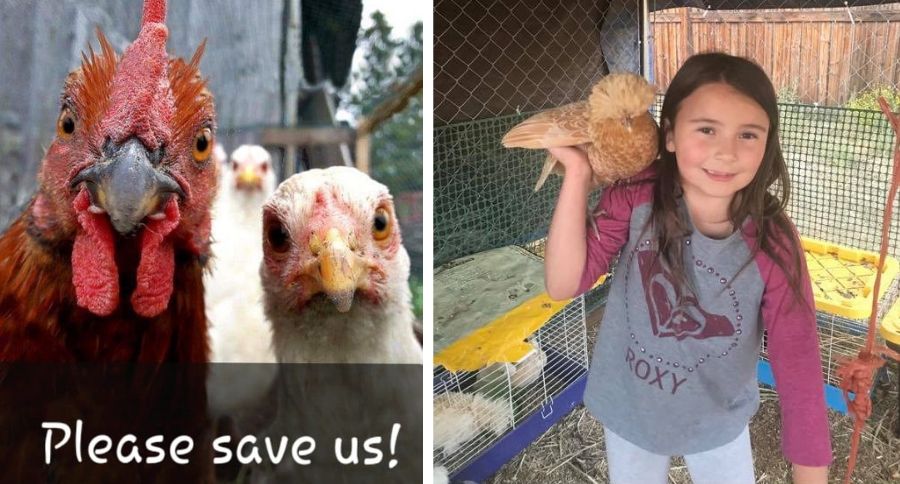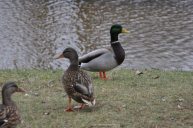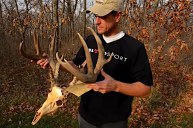In vet technician school we learned about small and large animal diseases. Since backyard birds are so popular we also learned about poultry diseases and the virus, called virulent Newcastle disease (VND). This virus is untreatable and spreads quickly among various poultry species, including chickens, turkeys, pheasants, ducks, geese, and pigeons.
The only way to stop the spread of VND is to quarantine domesticated birds and euthanize infected ones. We learn in a Los Angeles Times story that more than 1.2 million birds have been euthanized in heavily affected areas, some of which weren't showing symptoms or hadn't been infected yet.
The outbreak was first reported in late February by the California Department of Food and Agriculture.
Then in mid-March, a resident of Alameda County submitted a chicken infected with VND to a veterinary office in Redwood City. Veterinarians euthanized the animal.
Before we fast forward to today, it's important to note that "the virus poses no food safety concerns and essentially no human health concerns. Only people who spend a lot of time close to infected birds are at risk of pink eye or a mild fever."
The Los Angeles Times reported that the outbreak in that region has been managed with a quarantine for months.
"The outbreak has been devastating: 444 homes, farms and businesses in California — the majority in San Bernardino, Riverside and Los Angeles counties — have had birds test positive for the disease since May 2018, according to the U.S. Department of Agriculture. There is no cure or treatment.
All of L.A. County and parts of San Bernardino and Riverside counties have been under quarantine for months, with no one allowed to move their birds without facing steep penalties."
A local group of backyard bird owners are outraged and protesting throughout the region where these euthanasias are taking place. Many of their birds aren't infected!
These owners started a Facebook group called "SOB save our birds" and it now has more than 5,000 members. These posts below are from the group and grab a Kleenex for the second video, I'd be horrified. I love my chickens! So do these folks!
This is from the SOB save our birds page,
"Save of our birds is solely dedicated to virulent Newcastle disease. This page is dedicated to birds that have been unjustly murdered with NO official data to prove any such disease is even present. Our feathered family members that have NO voice. So I am that voice. I demand justice to ALL citizens on all aspects of this. I demand that we all are given official documents pertaining to this disease. We have entrusted officials with power. Public trust is now comprised."
Authorities and researchers agree that this is necessary to end the outbreak. The virus thrives in an environment where lots of birds are close together.
In a statement issued by the AVMA, a quote from California state veterinarian Dr. Annette Jones about the outbreak reinforces the urgency for bird owners.
"Dr. Annette Jones, the California state veterinarian, said the infections have occurred among chickens raised at homes on the outskirts of Los Angeles. Former farms and stables have become extensions of the city, but those areas still have dense pockets of animals, including goats, pigs, and menageries of birds such as chickens, pigeons, and peacocks. The outbreak has spread across areas that vary by wealth and culture."
Los Angeles and Southern California is a center for specialty bird breeders, likely in part because of the city's year-round warm weather.
All backyard poultry is targeted.
The Los Angeles Times also tells us, that generally, authorities have made the most progress in eradicating the disease in communities where bird owners have banded together to increase biosecurity — which includes keeping birds indoors and limiting contact with other bird owners.
What a terrible date for these birds.
Do you agree that all these chickens should be euthanized? Let us know in the comments below.
WATCH NOW: How to Have the Best Tasting Eggs from Your Backyard Chickens




